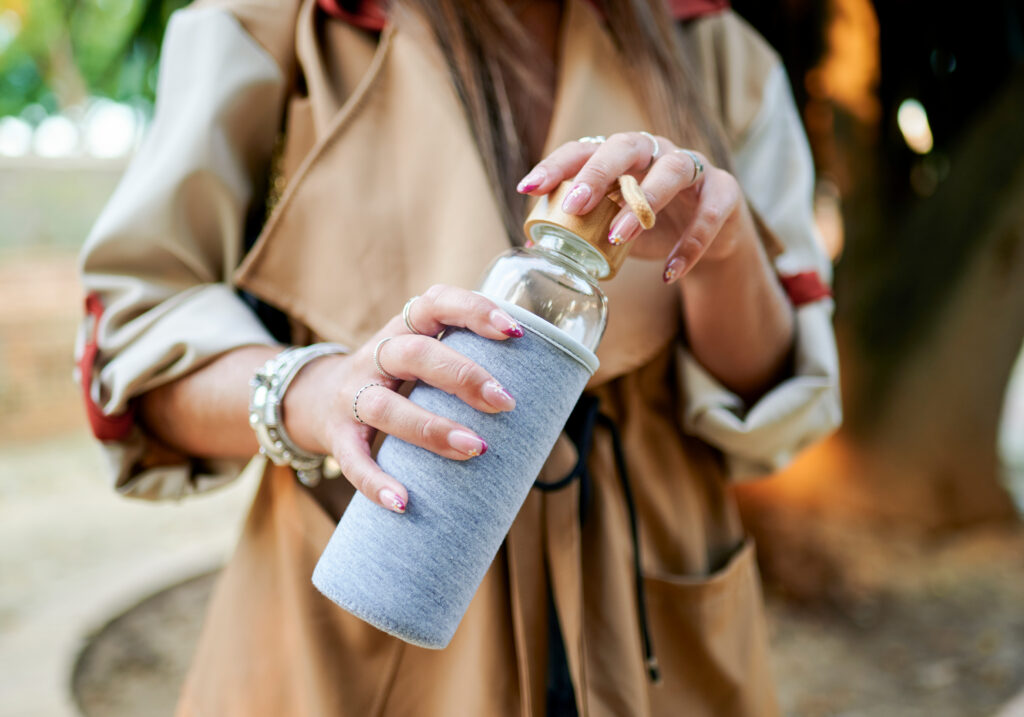
A new study reveals reusable water bottles harbor 40,000 times more bacteria than a toilet seat. Read to know more about the study.
The shocking truth about reusable water bottles
According to a new study by US-based waterfilterguru.com, reusable water bottles are home to 40,000 times more bacteria than the average toilet seat. The study examined four popular types of water bottles- screw-top, spout, squeeze-top, and stray. Researchers swabbed various parts and found colony-forming units (CFUs) festering inside them. CFU is the scientific unit for determining the concentration of bacteria in any given sample.
The study revealed the presence of gram-negative rods and bacillus. Gram-negative bacteria such as Klebsiella and E.coli cause serious infections. Bacillus can lead to vomiting, nausea, and gastrointestinal issues. Moreover, with bacteria gaining resistance to antibiotics and evolving into superbugs, this is a major concern.
More on the study

According to the study, the reusable water bottles were found to be harboring about 20.8 million CFUs of gram-negative bacteria on average, However, for screw-top and spout models, it was an average of 30 million CFUs. In comparison, an average toilet seat contains about 515 CFUs. “The human mouth is home to a large number and range of different bacteria. So it’s not surprising that drinking vessels are covered in microbes,” stated a researcher.
“Bacteria are known as biological drinking water contaminants. They’re just one of four types of pollutants that might be present in the water coming out of your taps and into your reusable bottles. Even though US tap water is considered some of the safest in the world, contamination can still occur,” stated the study. However, to avoid the issue, one must wash their bottles with soapy water at least once a day. Additionally, sanitizing once a week is also recommended.






